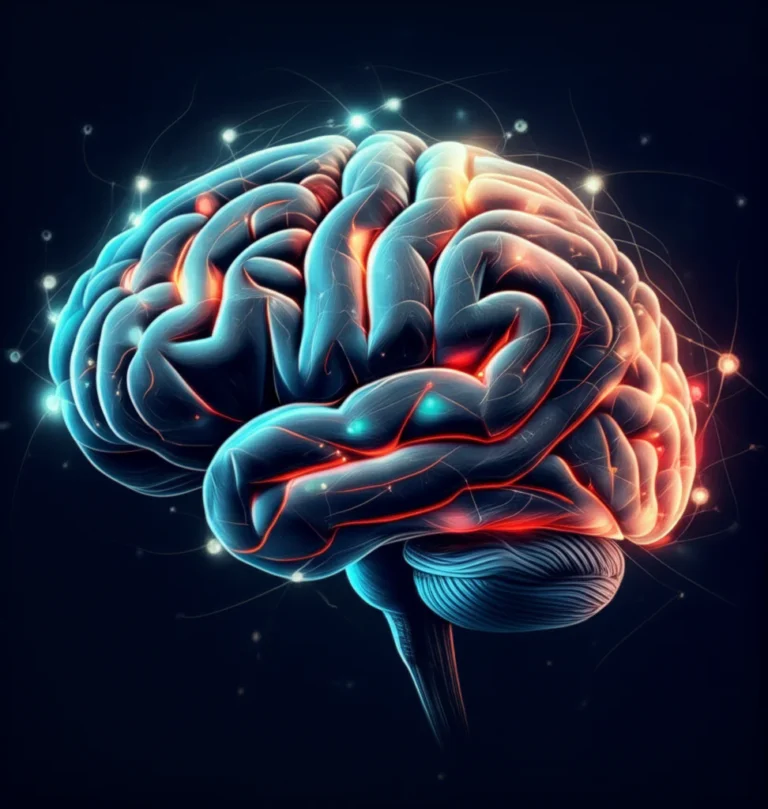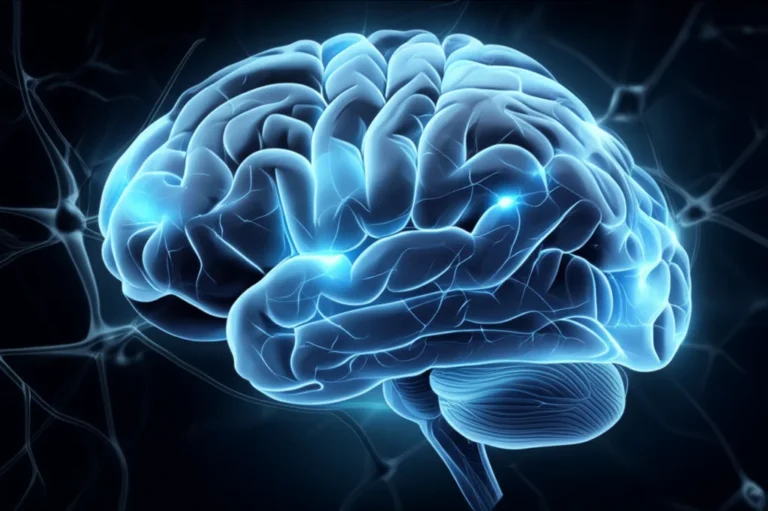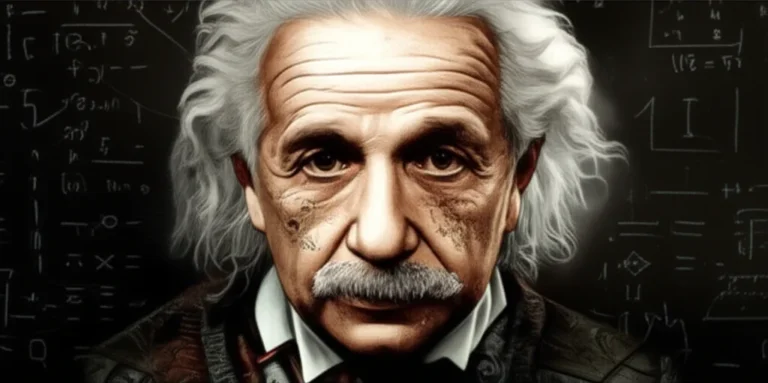Support our educational content for free when you buy through links on our site. Learn more
What is Albert Einstein’s IQ? [2024]

Have you ever wondered what Albert Einstein’s IQ was? Well, you’re not alone! Albert Einstein, the renowned physicist and one of the greatest minds in history, has always been associated with exceptional intelligence. In this article, we will delve into the fascinating world of IQ scores and uncover the truth behind Albert Einstein’s IQ. So, let’s get started!
Table of Contents
- Quick Answer
- Quick Tips and Facts
- Background: The Genius Behind the IQ
- How is IQ Measured?
- The Myth of Albert Einstein’s IQ
- IQ Scores of Other Brilliant Minds
- FAQ
- Conclusion
- Recommended Links
- Reference Links
Quick Answer
Albert Einstein’s IQ score is estimated to be around 160. However, it’s important to note that IQ tests as we know them today were not widely used during Einstein’s time. The IQ score attributed to him is based on retrospective analysis and comparisons with contemporary IQ tests. While his intelligence was undoubtedly exceptional, it’s difficult to determine an exact IQ score for him.
Quick Tips and Facts
- Albert Einstein is best known for developing the theory of relativity, which revolutionized our understanding of space, time, and gravity.
- IQ stands for Intelligence Quotient and is a measure of a person’s cognitive abilities.
- IQ tests are designed to assess various aspects of intelligence, including logical reasoning, problem-solving, and verbal and mathematical skills.
- The average IQ score is 100, with scores above 130 considered to be in the gifted range.
- IQ scores are not fixed and can change over time, influenced by factors such as education, environment, and life experiences.
Background: The Genius Behind the IQ

Before we dive into the specifics of Albert Einstein’s IQ, let’s take a moment to appreciate the brilliance of this extraordinary individual. Albert Einstein was born in 1879 in Ulm, Germany. From a young age, he displayed a keen interest in science and mathematics, often questioning the world around him.
Einstein’s breakthrough came in 1905 when he published four groundbreaking papers that laid the foundation for modern physics. These papers introduced the theory of relativity, the photoelectric effect, and the famous equation E=mc². Einstein’s work revolutionized our understanding of the universe and earned him a place in history as one of the greatest scientific minds.
How is IQ Measured?
IQ tests are designed to measure a person’s intellectual abilities and provide a numerical score that represents their cognitive potential. These tests typically assess various cognitive domains, including verbal comprehension, perceptual reasoning, working memory, and processing speed.
The most commonly used IQ tests today are the Wechsler Adult Intelligence Scale (WAIS) and the Wechsler Intelligence Scale for Children (WISC). These tests provide a comprehensive assessment of an individual’s cognitive abilities and are widely recognized as reliable measures of intelligence.
The Myth of Albert Einstein’s IQ
Now, let’s address the myth surrounding Albert Einstein’s IQ. It is often claimed that Einstein had an IQ score of 160, which is considered to be in the highly gifted range. However, it’s important to understand that IQ tests as we know them today were not available during Einstein’s time.
The IQ score attributed to Einstein is based on retrospective analysis and comparisons with contemporary IQ tests. Experts have estimated his IQ to be around 160 based on his exceptional intellectual achievements and contributions to science. However, it’s important to note that these estimates are speculative and should be taken with a grain of salt.
IQ Scores of Other Brilliant Minds
While we may never know the exact IQ score of Albert Einstein, there are other brilliant minds whose IQ scores have been measured. Here are a few examples:
- William James Sidis: Sidis, an American child prodigy, is believed to have had an IQ score between 250 and 300, making him one of the smartest individuals in history.
- Terence Tao: Tao, a mathematician from Australia, has an IQ score estimated to be around 230. He has made significant contributions to various branches of mathematics.
- Marilyn Vos Savant: Savant, an American author and columnist, has an IQ score of 228, which is one of the highest ever recorded.
It’s important to remember that IQ scores are just one measure of intelligence and do not capture the full spectrum of human abilities and talents.
FAQ

Who has a 400 IQ?
There is no scientific evidence to support the existence of a 400 IQ. IQ scores are typically measured on a scale where the average score is 100. Scores above 130 are considered to be in the gifted range. Claims of individuals having IQ scores of 400 or higher are unfounded and should be approached with skepticism.
What is Bill Gates’ IQ?
Bill Gates, the co-founder of Microsoft and one of the richest individuals in the world, has never publicly disclosed his IQ score. It’s important to note that IQ scores are personal information and individuals have the right to keep them private. Speculations about Bill Gates’ IQ are purely conjecture and should be treated as such.
Read more about “135 IQ Celebrities …”
What is Elon Musk’s IQ?
Elon Musk, the CEO of Tesla and SpaceX, has also not publicly disclosed his IQ score. Like Bill Gates, Elon Musk’s IQ remains a mystery. It’s worth mentioning that IQ scores alone do not determine a person’s success or capabilities. Elon Musk’s achievements in the fields of technology and space exploration speak for themselves, regardless of his IQ score.
Read more about “… How Rare is an IQ Over 135?”
Who has the highest IQ ever?
The highest recorded IQ score belongs to William James Sidis, with an estimated IQ between 250 and 300. However, it’s important to note that IQ scores above 200 are highly speculative and not widely recognized. IQ scores in this range are considered to be beyond the limits of conventional testing.
Read more about “What is the Most Legit IQ Test Online Free? …”
Conclusion

In conclusion, while Albert Einstein’s exact IQ score remains a subject of speculation, there is no doubt that he possessed exceptional intelligence. His contributions to science and our understanding of the universe continue to inspire generations of scientists and thinkers.
IQ scores are just one measure of intelligence and should not be seen as the sole determinant of a person’s abilities or potential. Each individual has their own unique talents and strengths that cannot be captured by a single number.
If you’re interested in exploring your own IQ and challenging your cognitive abilities, we recommend taking a free IQ test on our website. Remember, intelligence is a multifaceted concept, and your IQ score is just one piece of the puzzle.
Recommended Links
- Free IQ Tests
- Mensa IQ Tests
- IQ Test Scores
- IQ Test Preparation
- Official IQ Test: Everything You Need to Know 2024
Reference Links
Remember, intelligence is not solely defined by an IQ score. It’s a combination of various factors, including creativity, emotional intelligence, and practical skills. Embrace your unique abilities and continue to explore and expand your knowledge.






